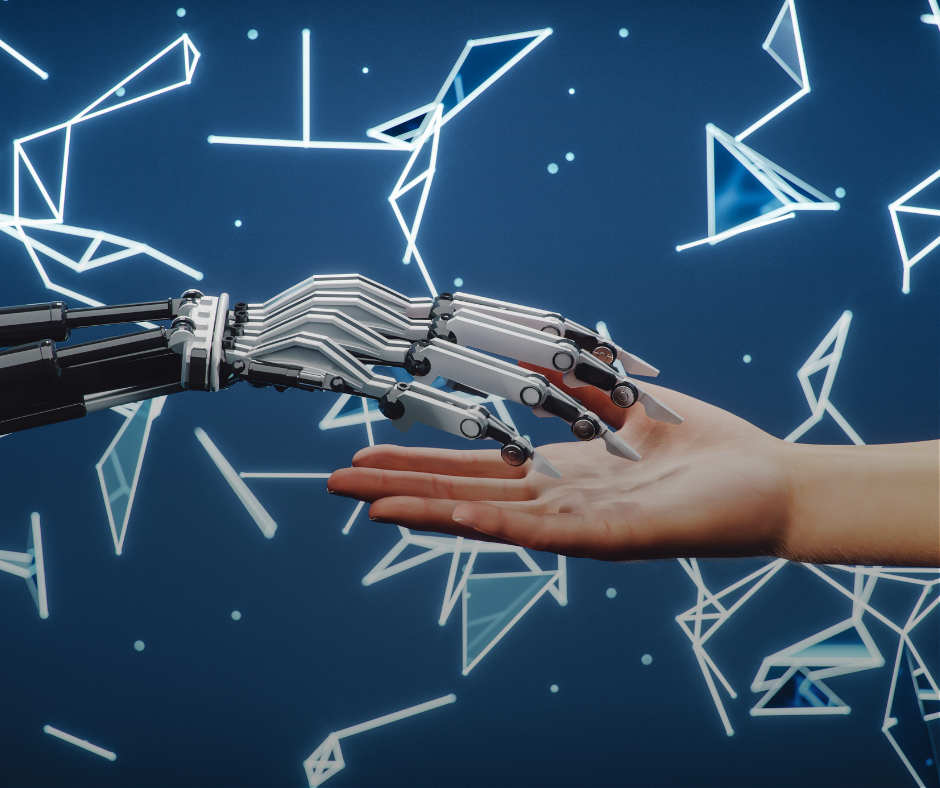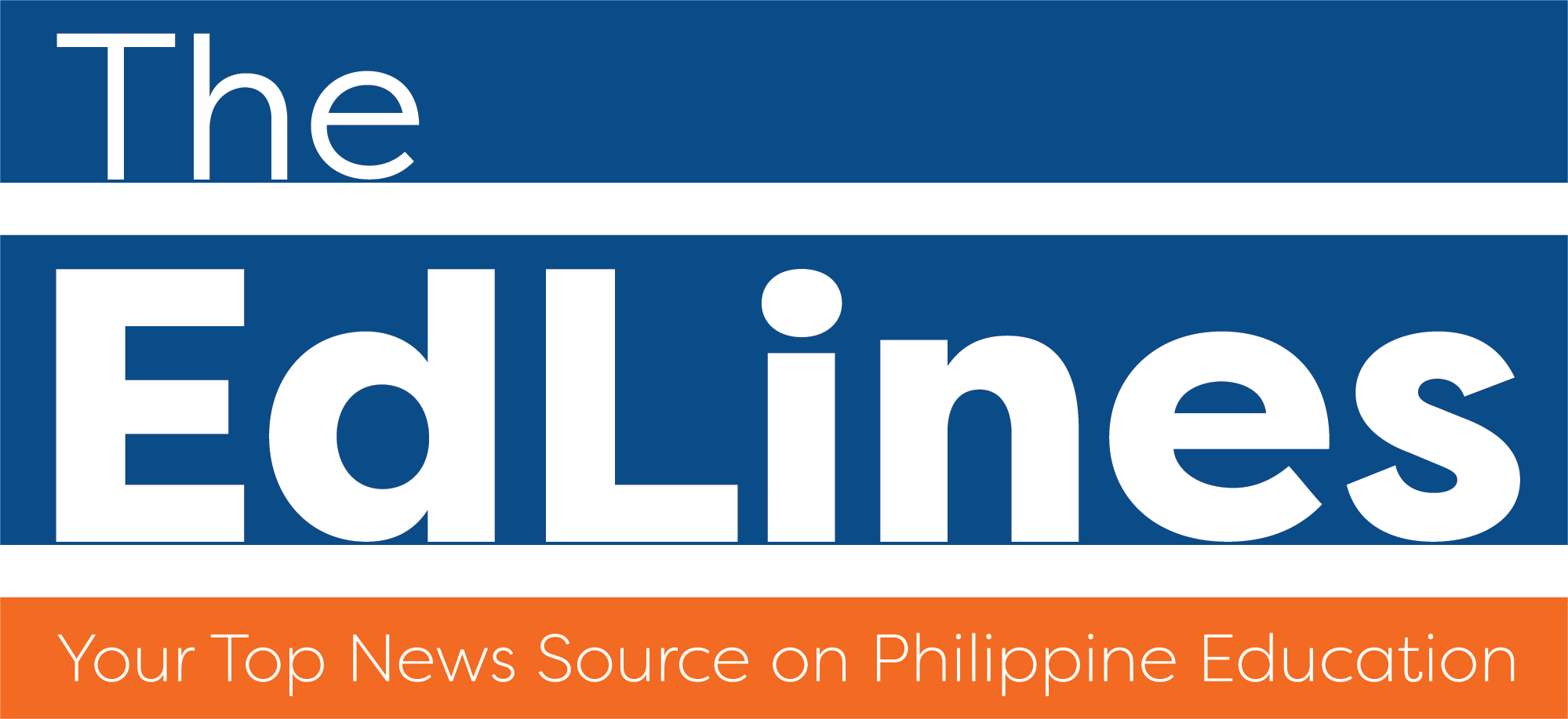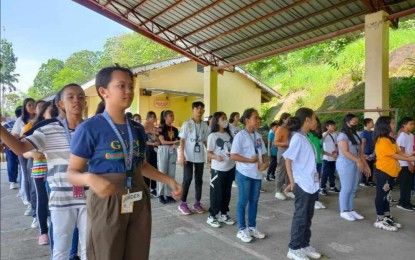Human teachers vs. AI? Google research chief predicts smart learning companions within years

In a potential shake-up for classrooms, Google’s AI research chief predicts that children could soon be learning alongside personalized, artificial intelligence (AI)-powered tutors.
This bold vision of a future with AI tutors for children comes from Yossi Matias, vice president and general manager of Google Research.
Speaking at the Australian Financial Review (AFR) AI Summit in late May, Matias highlighted education as one of three areas — alongside healthcare and climate change — that he believes will be most transformed by AI in the coming years.
“Imagine if every kid could have a personal tutor that could actually let them make progress at their own pace and give them the opportunity to experience learning,” Matias said at the summit.
His comments point to a future where AI could play a significant role in education, potentially providing students with individualized learning experiences that cater to their specific needs and learning styles.
This technology is not entirely science fiction, according to Matias.
Google Research is already developing generative AI models for education, called LearnLM, which could soon incorporate personal tutoring features.
“In education, I think we’re kind of in the nascent stage,” Matias told the summit attendees.
“But my anticipation is that in just a few years, it’s going to be kind of expected that everybody’s just using it all the time.”
While the concept of AI tutors might raise questions about the future of teachers, Matias suggests that this technology could complement, rather than replace, educators.
AI tutors could potentially handle repetitive tasks like automated quizzes, freeing up teachers to focus on more complex areas like critical thinking and social development.
The widespread adoption of AI tutors in education would likely raise a number of questions and concerns, such as potential biases within the AI systems and the impact on human interaction in the classroom.
However, proponents of AI in education argue that this technology has the potential to personalize learning and make education more accessible to all students.


